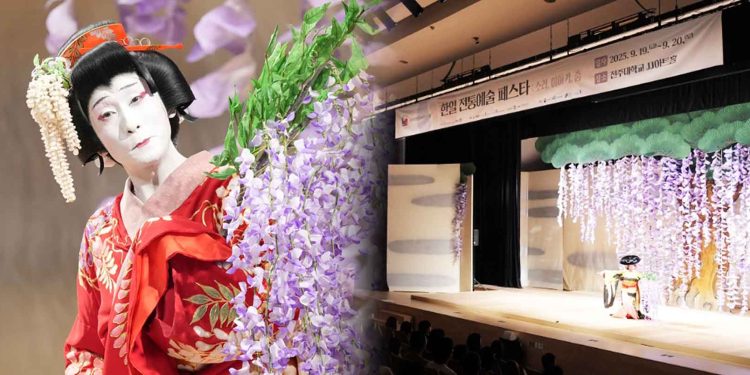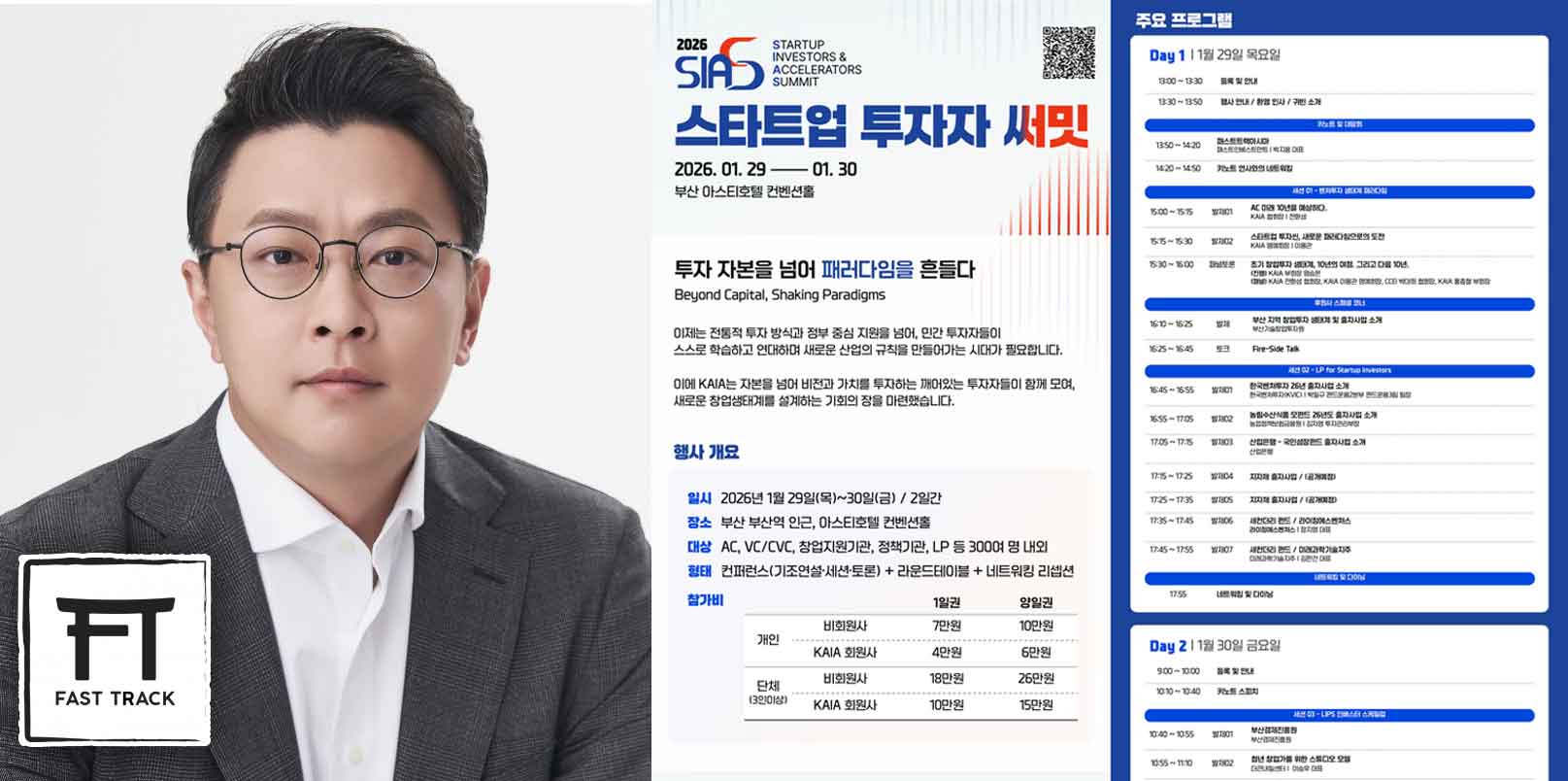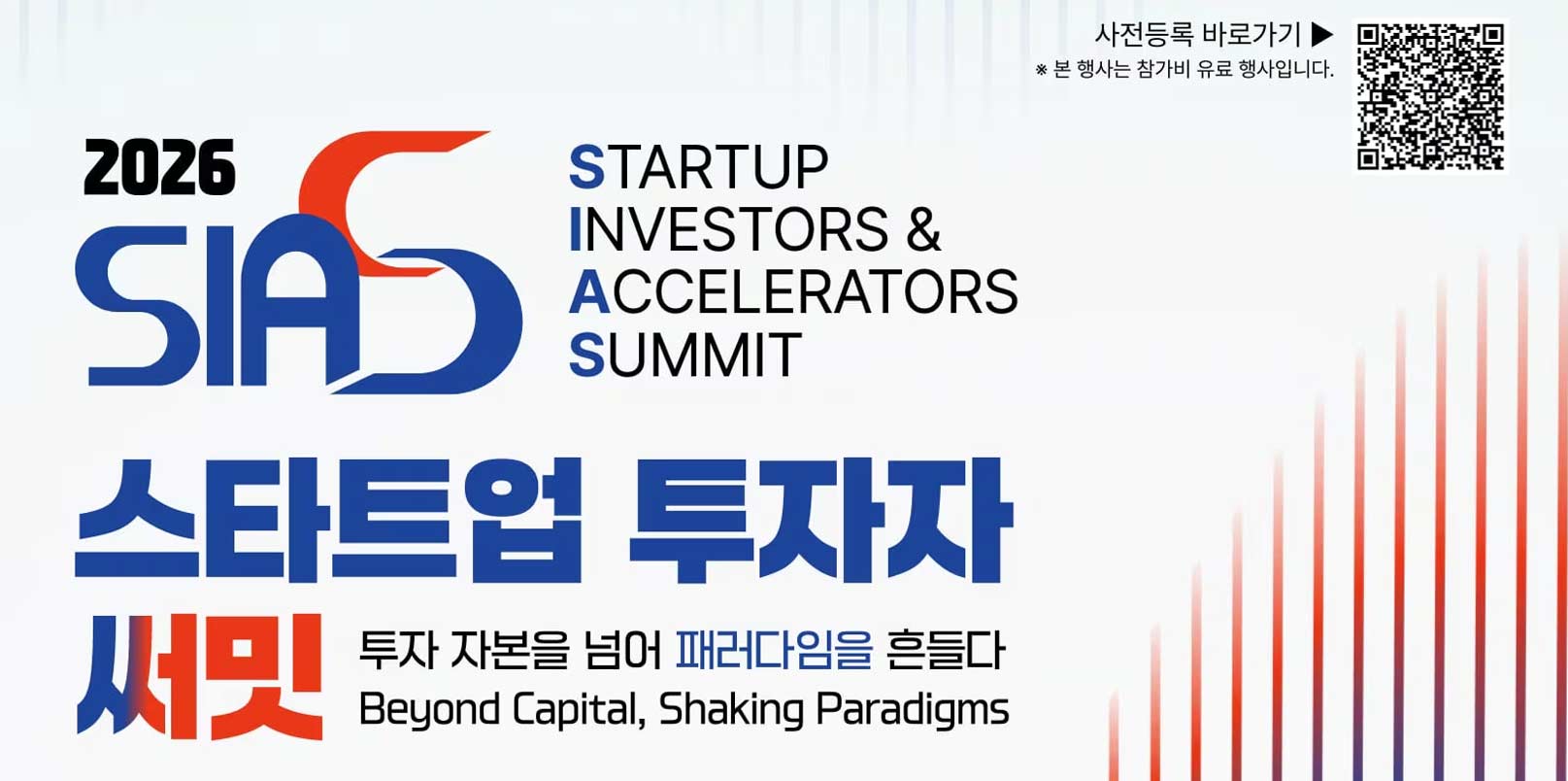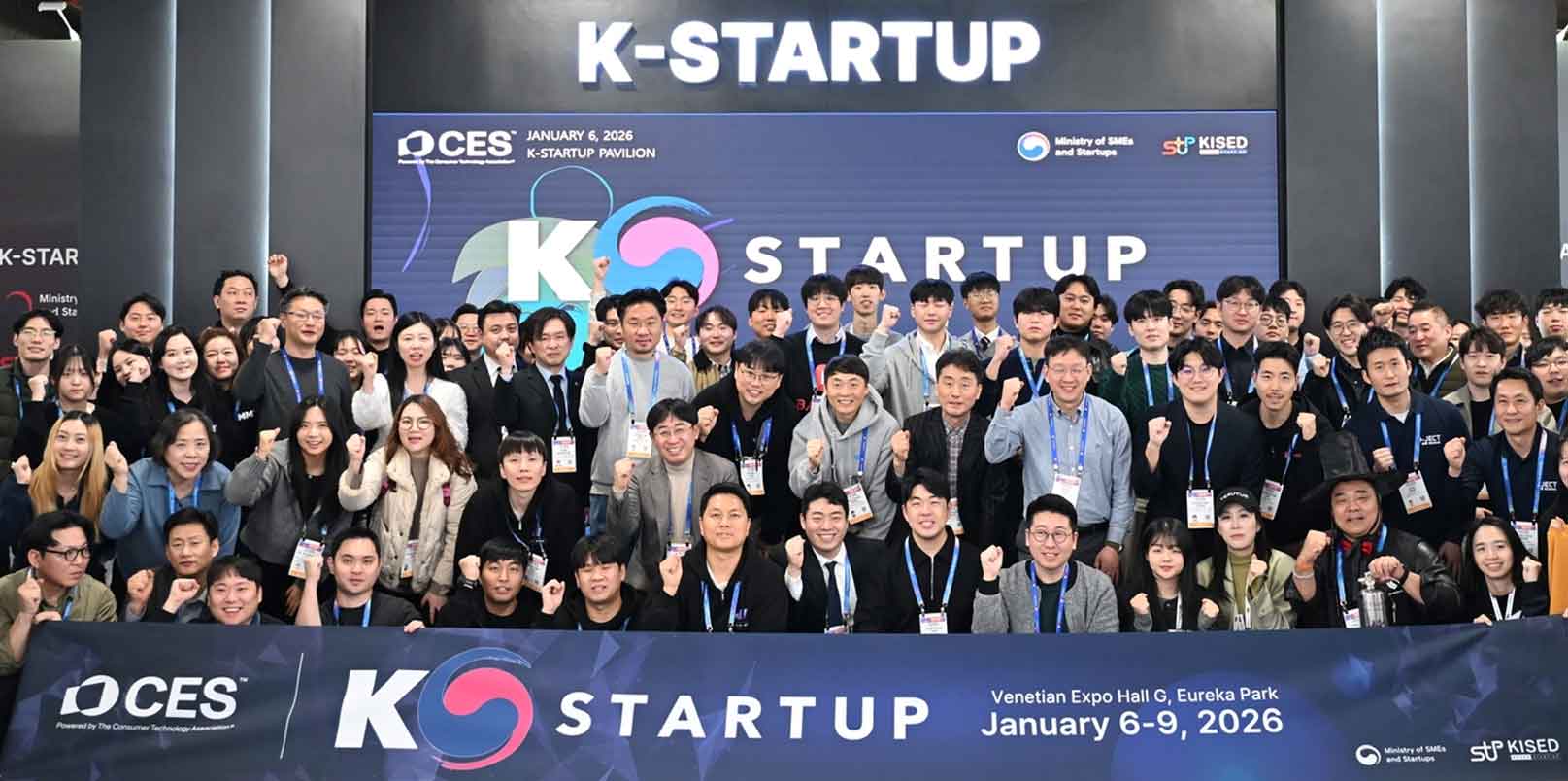Korea and Japan are expanding cultural diplomacy at a time when content is increasingly central to global competitiveness. The recent arts exchange hosted by Jeonju University and Shochiku, Japan’s century-old cultural company, celebrated 60 years of normalized ties. Beyond commemoration, the festival underscored how traditional arts like Kabuki and Pansori can evolve into future drivers of cross-border collaboration, IP innovation, and startup opportunities in Asia’s content ecosystem.
Shochiku and Jeonju University Lead Korea – Japan Arts Festival
Jeonju University hosted the “Korea–Japan Traditional Arts Festa: Sound, Story, Dance” from September 19–20, 2025. The program marked the 60th anniversary of diplomatic normalization between the two nations.
The event was co-organized by Jeonju University’s Humanities and Social Convergence Talent Development Program (HUSS), RISE Initiative, and Local Content University, alongside Shochiku Co., Ltd., a leading Japanese traditional arts company. Additional support came from Korean and Japanese cultural associations, academic groups, and private partners.
Over two days, participants experienced lectures, performances, academic discussions, and cultural demonstrations. The program featured Kabuki actors Nakamura Umeno and Kataoka Toshiya, as well as Pansori master Wang Gi-seok.
Tradition on Stage: Kabuki Meets Pansori
The first day featured a lecture titled Opening the Gate of Art Through Sound: Pansori and Kabuki, Listening to the Language of Tradition. Shochiku provided costumes and props for student workshops, giving participants direct exposure to Kabuki performance techniques.
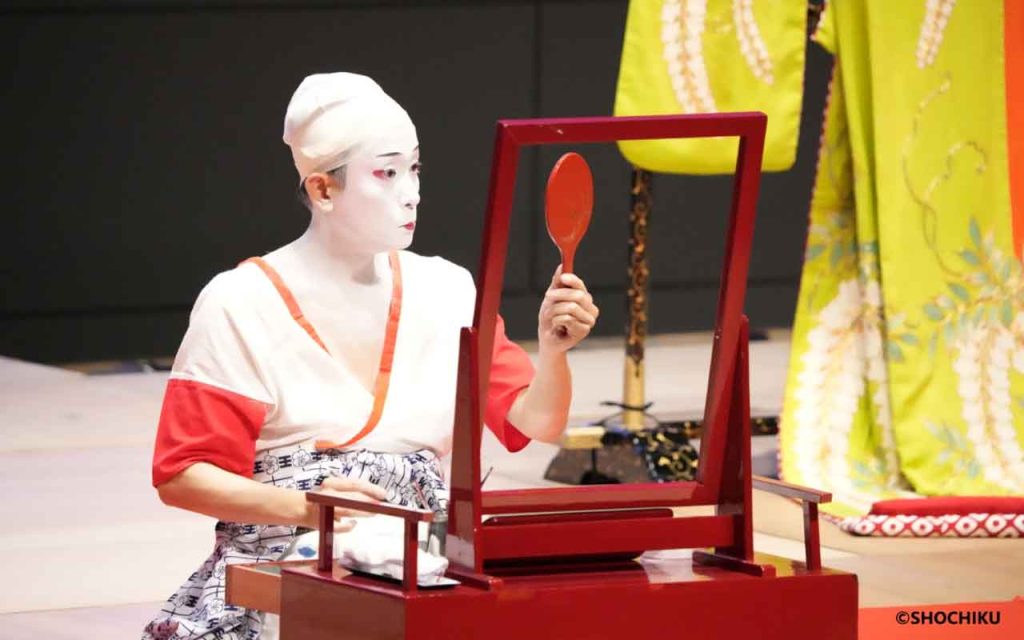
In the afternoon, audiences witnessed a Kabuki stage demonstration and a performance of Fuji Musume (Wisteria Maiden) by Nakamura Umeno, complete with a live “hikikinuki” (quick costume change) sequence.
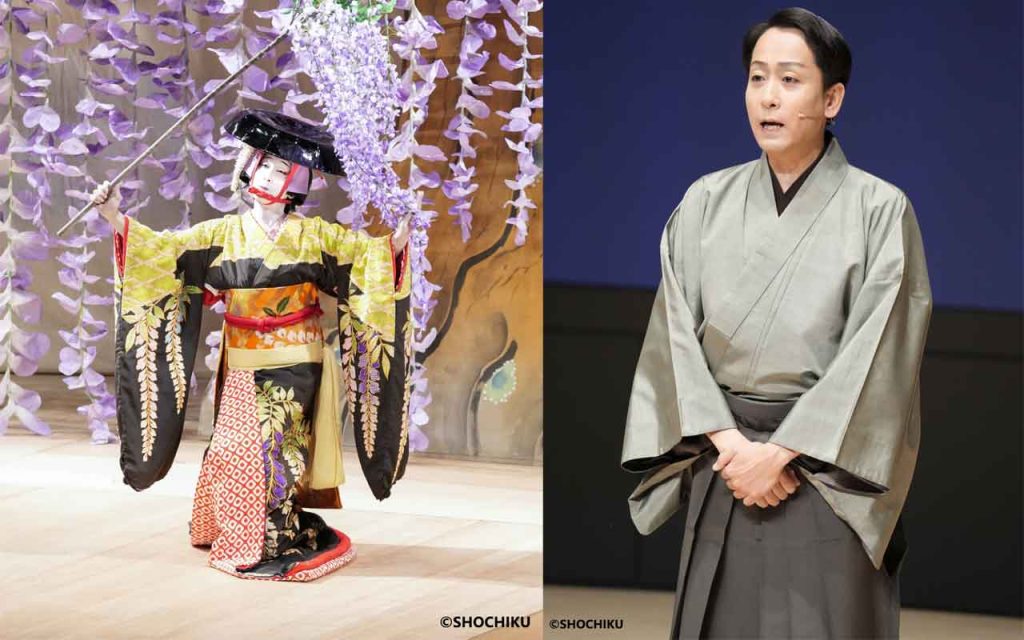
The second half of the program highlighted Korean heritage with Pansori master Wang Gi-seok performing scenes from Simcheongga. His performance drew strong emotional responses, balancing Japan’s Kabuki presentation with Korea’s oral storytelling tradition.
Shochiku and Jeonju University: Bridging Korea–Japan Culture and Content
Shiori Fujimaki, producer at Shochiku’s Theatrical Lights Business Division, emphasized the company’s mission since its founding in 1895,
“Shochiku has inherited and advanced Japanese culture while aiming to contribute to global culture. Presenting Kabuki in Jeonju with the support of Jeonju University, RISE, and our partners has been deeply meaningful. We hope this festival will serve as a bridge connecting the traditions of both nations and as a platform for future cultural collaboration.”
A Jeonju University representative added,
“This festival allowed us to reflect on the present and imagine the future of traditional arts together. We hope students and local citizens gained an international perspective through direct engagement with heritage culture.”
Turning Cultural Exchange into K-Content Opportunities
At first glance, a heritage festival may seem far removed from startup dynamics. Yet this collaboration offered signals that resonate with Korea’s K-content landscape.
By presenting Kabuki and Pansori side by side, the festival framed traditional arts as cultural IP that could inspire adaptation by startups in gaming, animation, and immersive media. Shochiku’s active role also showed how established cultural institutions can work with Korean universities and innovators, providing a model for future co-productions.
Institutional participation of this kind suggests that cultural IP is increasingly recognized as part of broader content development, which may help ventures in this space gain credibility. For students, direct engagement with Kabuki and Pansori created a foundation of experiences that could later inform creative projects or entrepreneurial ideas.
Lastly, the decision to host the festival in Jeonju rather than Seoul reflected Korea’s wider policy goal of nurturing regional hubs where culture and innovation can grow together.
While the direct outcomes are not immediate, the event highlighted how cultural diplomacy can open possibilities that may intersect with Korea’s evolving startup and venture ecosystem.
Beyond Commemoration: Heritage as a Catalyst for K-Content Ventures
The Shochiku – Jeonju University exchange shows how heritage can evolve into an asset with relevance for ventures and content industries. It brings powerful lessons for global players observing Korea’s venture ecosystem that traditional narratives, when paired with modern content production and cross-border collaboration, can further develop into scalable IP.
As Korea continues expanding its cultural economy worldwide, partnerships like this offer more than symbolic value. They show how cultural diplomacy can eventually strengthen creative industries and provide pathways for startups and content ventures to adapt, innovate, and scale heritage into the global marketplace.
– Stay Ahead in Korea’s Startup Scene –
Get real-time insights, funding updates, and policy shifts shaping Korea’s innovation ecosystem.
➡️ Follow KoreaTechDesk on LinkedIn, X (Twitter), Threads, Bluesky, Telegram, Facebook, and WhatsApp Channel.


